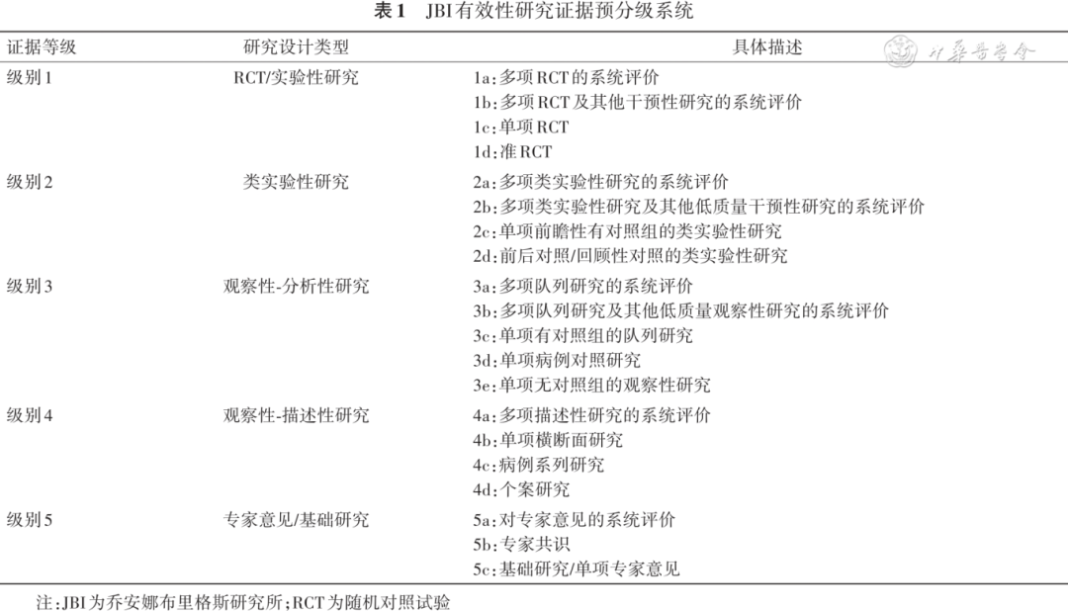Schizophrenia is a serious mental illness, and its etiology and pathogenesis have not been fully elucidated. Biological, social, and psychological factors play important roles in the onset, development, and outcome prognosis of the disease. Schizophrenia presents with complex clinical symptoms and a tendency for relapse. The disease usually begins early, with severe and persistent symptoms that severely impair the patient’s occupational and social functioning, leading to a significant social burden. In China, the weighted lifetime prevalence of schizophrenia and related psychotic disorders is 0.7%.
In addition to the characteristics of the disease itself, non-compliance with treatment and the interaction of social and psychological factors are important factors leading to the chronicity, high disability rate, and poor prognosis of schizophrenia. The most common issues are improper drug treatment and interruptions, while life events and acute stress can trigger disease relapse. A meta-analysis showed that schizophrenia patients have a 152% higher all-cause mortality than any non-schizophrenia control group, but proper and standardized use of antipsychotic medication can significantly protect against this risk. Increasing evidence supports the continued use of antipsychotic medication for maintenance therapy in schizophrenia, which can effectively reduce the risk of relapse, readmission rates, mortality, improve symptoms, promote functional recovery, and enhance quality of life.
Regarding the maintenance treatment of schizophrenia, expert recommendations include the use of antipsychotic drugs, selection of effective medications, preference for second-generation antipsychotics, and consideration of long-acting injectable antipsychotics (LAIs) to improve treatment compliance and reduce relapse rates. The dosage of antipsychotic medication for maintenance therapy is usually not lower than the minimum target dose, with individual variations considered. For first-episode schizophrenia patients, maintenance treatment is recommended for at least 3 years, while for those with multiple episodes, lifelong medication is advised.
In terms of treating special symptoms such as negative symptoms, cognitive impairment, depression, and obsessive-compulsive symptoms in schizophrenia patients, specific drug treatments and interventions such as cognitive remediation techniques and repetitive transcranial magnetic stimulation are recommended by experts based on consensus degrees.
Furthermore, combining antipsychotic drugs with psychological therapy (such as cognitive-behavioral therapy and family therapy) and social interventions (such as vocational skills training and social skills training) is beneficial in improving various symptoms, social functions, and quality of life for schizophrenia patients.
This consensus aims to guide clinical practice in the field of mental health, especially in primary healthcare settings, and addresses various clinical issues related to the maintenance treatment of schizophrenia. It also highlights the need for further research to address controversial topics and improve clinical decision-making.


